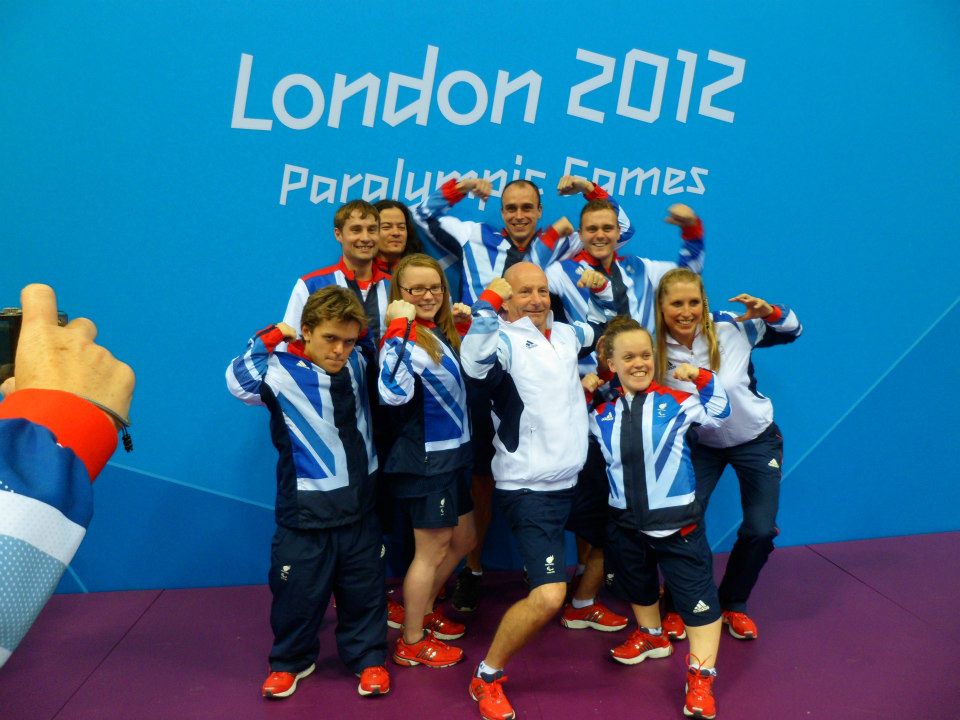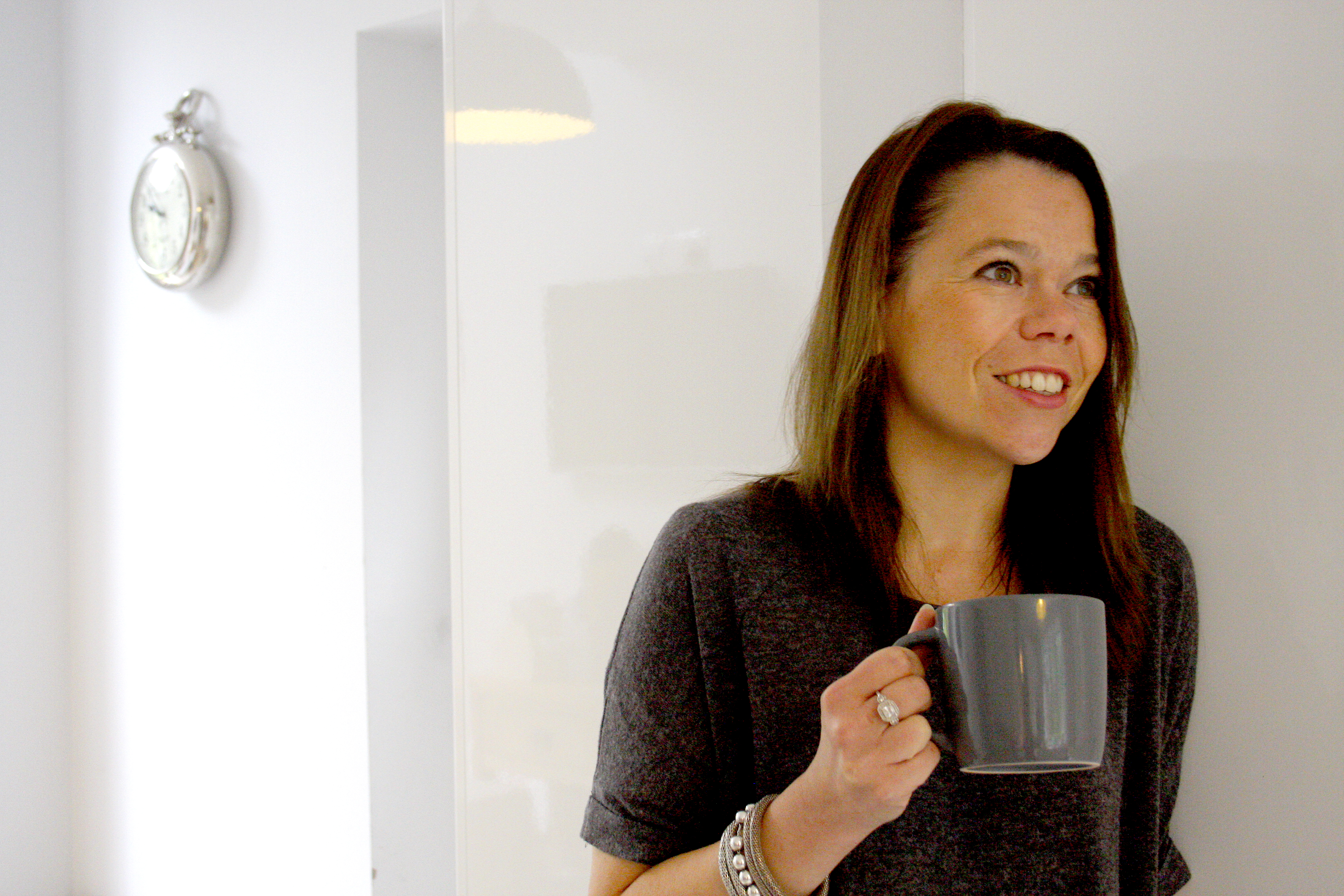DDH UK, the only charity in the UK dedicated to supporting families dealing with hip dysplasia, are gravely concerned about plans by the NHS to only refer patients for hip surgery if their pain is so severe it interferes with daily life or the ability to sleep.
In a cost cutting bid to save £2million a year, it is claimed that health trusts are already tightening up their rules in a bid to slash operations by a fifth with others also looking to use a scoring system to rank patients’ pain for both hip and knee operations.
The charity is supporting more and more patients, from teenagers to those in their later years, who are facing hip replacements, often due to the effects of having hip dysplasia (DDH). DDH occurs when the hip joint fails to develop correctly and 2 to 3 in every 1,000 infants will require treatment* and whilst not life threatening, it can lead to pain, disability and the need for hip replacements.
Gemma Almond, DDH UK Patron and Paralympic swimmer who has bilateral DDH, said, “I find the new potential NHS rules worrying. Whilst in discussions with my consultants we have weighed up the level of pain for THR, it is the principle that underlie these new rules that is concerning. Pain is a subjective measure and decisions should be based on consultant / patient discussions about quality of life not funding. The decision is hard enough to make, without the need to justify it in monetary terms. As someone who will need two THR in the next few years, I fear this could be a slippery slope and a worry for the future.”
Natalie Trice, DDH UK Founder, added, “We are speaking to more and more people who are in constant pain due to hip issues, and are saddened to read about plans that could mean they have to wait even longer for the surgery they need to improve their lives and mobility. My seven-year-old son has DDH and to date has had five operations and we simply don’t know what the future holds and this news is really frightening for us because a hip replacement isn’t out of the question in the future and we don’t want him, and others, to endure years of pain unnecessarily.”
Natalie added, “We understand that cuts do need to be made in the NHS but we would ask trusts to consider not only pain levels but also the quality of life of patients and their every day mobility and independence when putting these criteria together.”
For more information go to www.ddh-uk.org,


